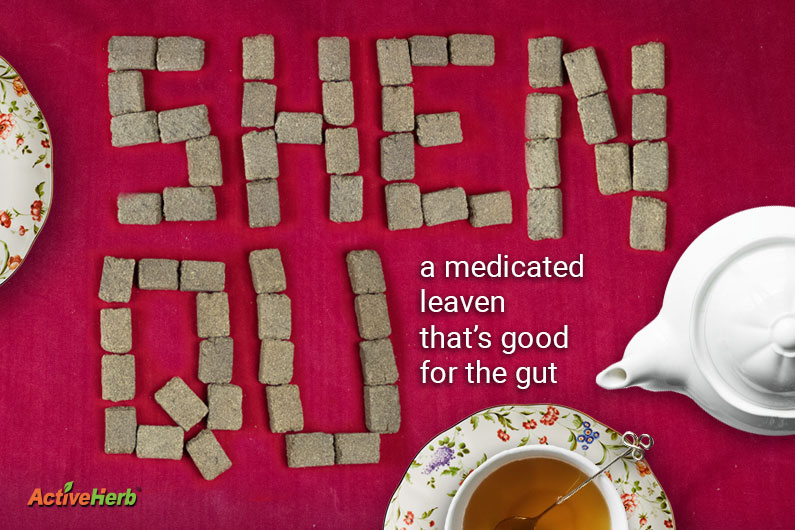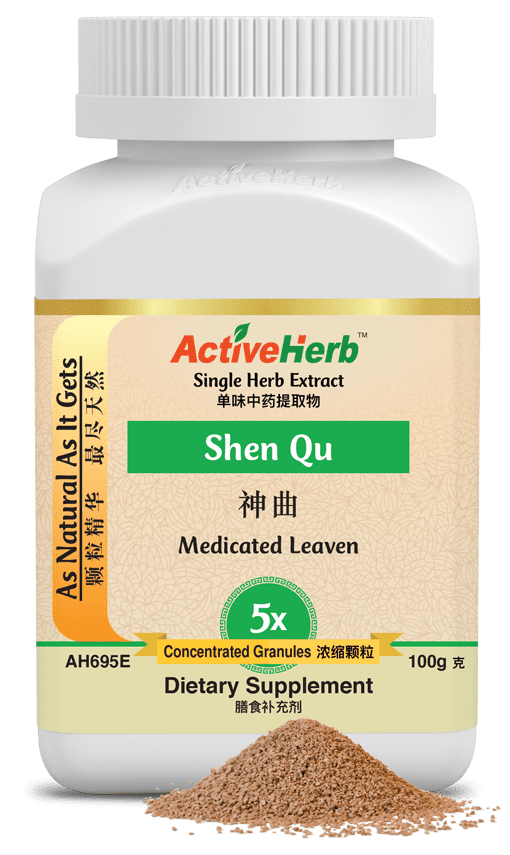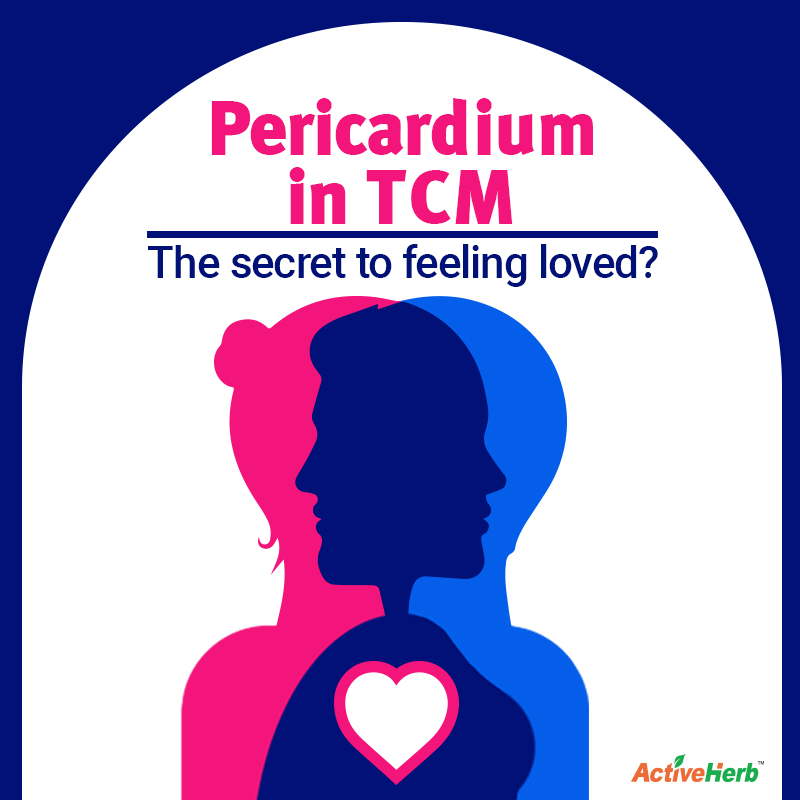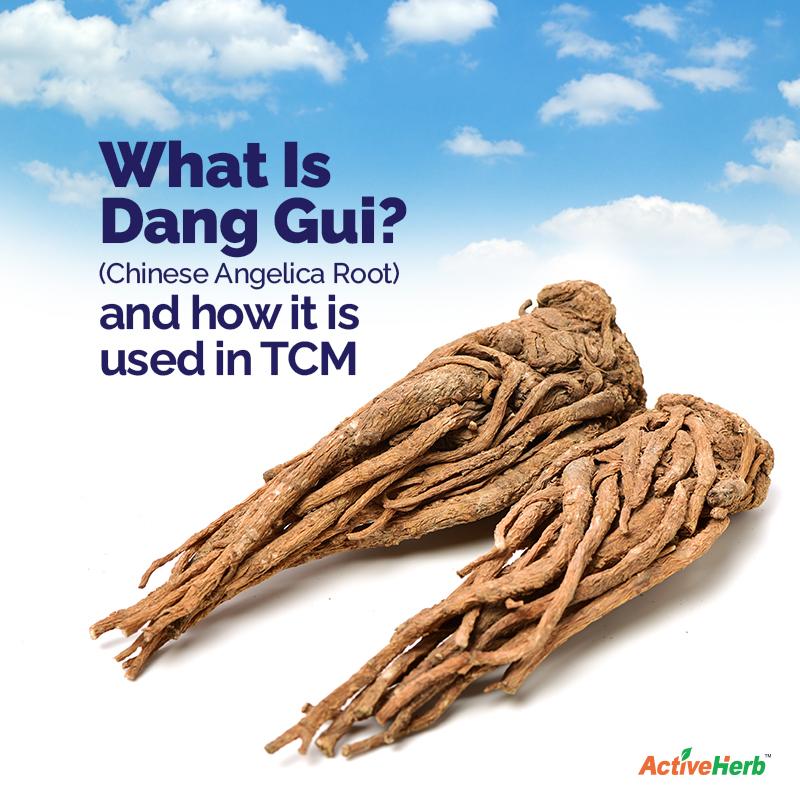Shen Qu: A Medicated Leaven That’s Good For The Gut

Bloating. Gas. Diarrhea or constipation. Fatigue. Brain fog. Headaches. Skin breakouts.
Any of these symptoms can be caused by consuming foods containing too much yeast, like bread.
But in the fascinating world of TCM, a handful of ingredients work together like a paradox.
Shen Qu (medicated leaven; Massa Medicata Fermentata) contains ample yeast, yet it’s been used since at least the Han Dynasty—roughly 2,000 years ago—to support the digestive system and alleviate symptoms normally associated with yeast intolerance.
What is Medicated Leaven?
Just as a starter is needed to make kombucha (fermented black tea), beer, wine, cheese, yogurt, and anything else fermented, Shen Qu is a TCM starter culture. Yeast is a starter culture. So are lactic acid bacteria, other particular bacterium, and molds.
Shen Qu is unlike the hundreds of herbs commonly used in TCM because it’s not a single herb. Rather, it’s a collection of several extracts, including:
- Wheat flour
- Bran
- Artemisia
- Apricot
- Radish seed
- Medicated massa (the Shen Qu in Shen Qu)
Traditionally, Shen Qu ferments by covering it in hemp or mulberry leaves. The fermentation process, which takes approximately one week, involves steaming the grains, which are then cooled. After the grains are cooled, a previous batch of fermented Shen Qu herbs such as medicated massa are added. It’s like using a previously used SCOBY culture to make kombucha. The next process of making Shen Qu involves, well, adding more Shen Qu herbs such as medicated massa. After fermentation, the mixture is dried and processed into a pill, decoction, or extract granules.
Interesting historical fact: A 2022 research article in a Chinese journal says Shen Qu is featured as a distiller’s yeast in the most completely preserved ancient Chinese agricultural texts in the North Dynasty (420-529 CE), the “Qi Min Yao Shu”.
How Does Shen Qu Work?
Before we explore the TCM theory behind Shen Qu, let’s first answer this: How can Shen Qu, which contains yeast be good for digestion when yeast itself may cause bloating or other GI issues?
The microorganisms in the fermentation process break down certain components in the herbs and grains, potentially making them more digestible and bioavailable. This is why homemade sourdough bread is easier to digest for certain people than other breads that are not fermented.
In addition, Shen Qu isn’t all yeast. It contains medicinal herbs chosen specifically for their beneficial effects on the digestive system. And that’s where we get into TCM theory.
In TCM philosophy, Shen Qu is traditionally believed to strengthen the Spleen and Stomach, two organs associated with digestion. The idea is that by resolving food stagnation/retention, medicated leaven promotes the smooth transformation and transportation of food, thus supporting overall digestive function.
What Does Shen Qu Mean?
The term “Shen Qu” (神曲) translates to “Divine Music” or “Spiritual Melody” in English. So what does this have to do with digestive system support? The name reflects the traditional belief that this fermented grain and herbal compound harmonizes and balances Yin and Yang Qi energies in the Spleen and Stomach meridians.
Does Research Support Medicated Leaven?
A 2020 study in Digestion says that medicated leaven has been used to resolve gastrointestinal imbalances for thousands of years. However, Shen Qu’s mechanisms had not hitherto been understood. The researchers posit that Medicated Leaven works due to its anti-inflammatory, antioxidant, antibacterial and antiviral properties. More research is needed to support these findings.
Finally, perhaps Shen Qu supports digestion by positively altering the gut microbiome, owing to “its diverse bacterial and fungal communities,” concludes a team of Chinese researchers in a 2013 study in Applied Microbiology and Biotechnology. A study on Shen Qu that’s a decade old may seem like ancient history in Western medicine. But in TCM, it’s a blink of an eye ago.
Is Shen Qu Gluten Free?
No. If you are highly sensitive or allergic to gluten, be aware that Shen Qu contains gluten.
Have you ever tried medicated leaven? Did it help? Leave a comment.







